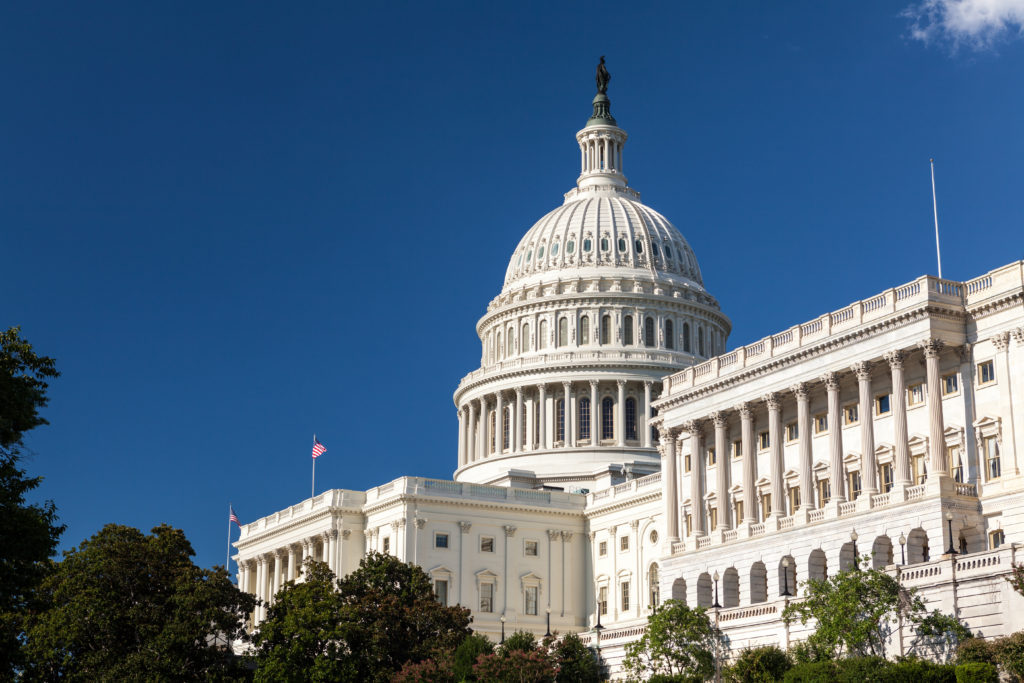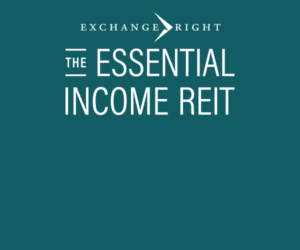Legislation Benefitting Alternative Investments Gaining Steam
November 13, 2017 | Luke Schmidt | Blue Vault

Current legislation that would broaden the definition of being an accredited investor is currently gaining steam in Congress. An accredited investor is a person or entity that can purchase securities not registered with financial authorities by satisfying one of the requirements regarding income, net worth, asset size, governance status, or professional experience. The term “accredited investor” is used by the SEC under Regulation D to refer to investors who are financially sophisticated and have a reduced need for the protection provided by regulatory disclosure filings. Accredited investors can include individuals, banks, insurance companies, brokers, and trusts.
On November 1, 2017, the House passed an accredited investor bill which would broaden the accredited investor definition by including individuals with securities licenses, particularly investment advisers and brokers. Additionally, those with a specific knowledge of investing in businesses that relate to their field will also be included in the bill. This bill was passed by the House.
Additional legislation was also introduced that would allow business development companies (“BDCs”) to utilize more leverage when providing loans. BDCs are firms that offer loans to small- and medium-sized businesses who cannot get financing from more traditional sources, such as banks. This bill would allow BDCs to increase their maximum leverage ratio to 2:1, up from 1:1. This increase would free up additional capital that can be invested in the growth of small- and medium-sized businesses, generating economic growth. This bill holds bipartisan co-sponsors.
While increased interest in alternative investments from legislative and regulatory authorities would seem to be a good thing, there is the potential for one significant disadvantage, more red tape and regulation. As regular investors begin to invest in alternative investments, they open themselves up to additional risk. Additional government rules and regulations are sure to follow to ensure the smaller investors are protected, such as a rule implemented in early 2016 by FINRA where pricing transparency on alternative investments was increased. The most prominent protection for smaller investors continues to be investment advisers, who have more expertise and experience in the alternative investment industry.











